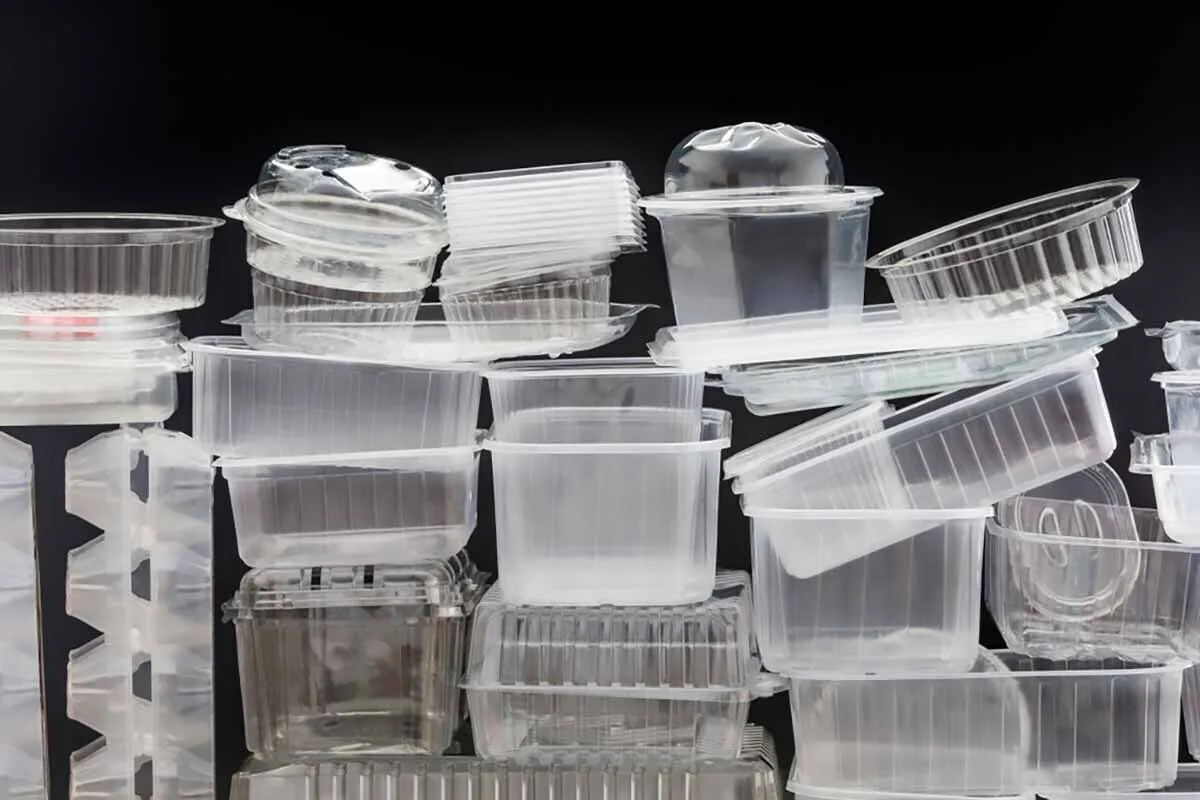Iranian Researchers Develop Biodegradable Compostable Plastic Containers

With the aim of reducing the disadvantages of common disposable plastic containers of petroleum and plant origin, the project was launched to make completely biodegradable containers.
Today's lifestyle has led to the use of disposable containers as the most common environmental pollutants.
Recently, polypropylene containers as well as so-called plant-based containers made of starch are used in the country for storing and packing some liquids and hot food such as tea, hot drinks, soups, and also some frozen data-x-items such as ice cream.
Due to their reasonable price, disposable polystyrene containers are mostly used. When these containers come into contact with liquids and hot food (with a temperature of more than 70 degrees Celsius) or frozen food, the styrene monomer will gradually release into the food.
Such substances are a source of all types of cancers and significantly increase the cost of treatment.
The disposable containers available in the market have not been able to prevent the pollution of the environment and the occurrence of diseases.
Therefore, the Iranian Research Institute of Food Science and Technology embarked on launching the plan for developing biodegradable polymer composites to manufacture biodegradable compostable containers.
At first, biodegradable and compostable polymer composite granules were produced from the combination of synthetic biopolymers with natural polymers such as starch and lignocellulosic materials.
Then various disposable food packaging containers were made using the produced granules.
Due to their long lifespan which sometimes reaches several hundreds of years, in addition to reducing the permeability of the soil surface, common plastic containers cause soil pollution and decrease the fertility of agricultural lands.
This issue leads to the loss of vegetation, soil erosion, and desertification.
Meanwhile, microplastic pollution can also cause genetic changes and decrease the body's immunity level against diseases by entering agricultural products and the human food cycle.
Various research has shown that the use of petroleum-based plastics causes diseases such as cancer in the short term and causes genetic changes in humans in the long term.
4155/g





















